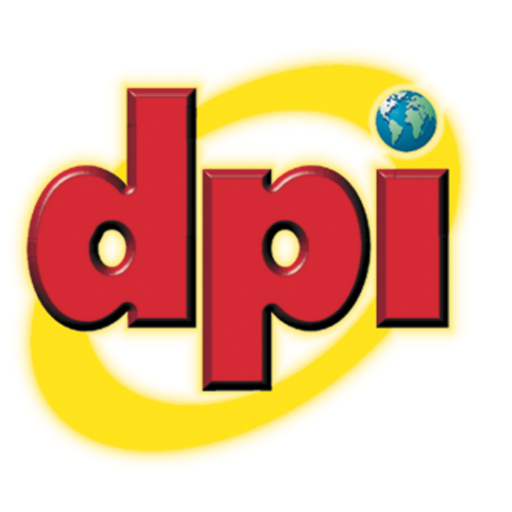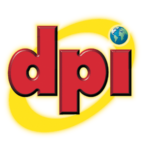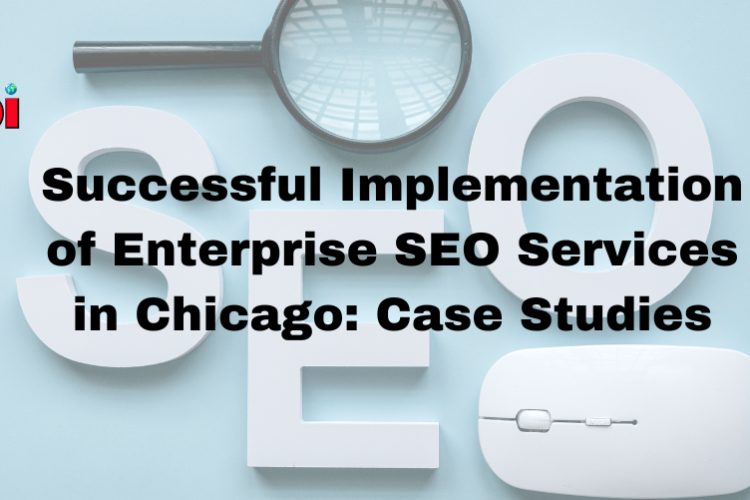
One crucial aspect of expanding internationally is optimizing your website for multilingual SEO. By implementing effective multilingual SEO services, you can ensure that your website ranks well in search engine results across different languages and cultures, enabling you to reach a diverse audience and increase your online visibility. In this article, we will explore the essential tips for understanding and implementing International SEO Services to effectively target an international audience.
Introduction to Multilingual SEO
Multilingual SEO refers to the process of optimizing a website to rank well in search engine results across multiple languages. It involves understanding the target audience’s search behavior in different languages, adapting keywords, content, and technical aspects to cater to their needs, and ensuring the website is easily accessible and understandable to users from various linguistic backgrounds.
The Importance of Multilingual Keyword Research
Keyword research forms the foundation of any SEO strategy, including Multilingual SEO Service. When targeting an international audience, it’s crucial to identify relevant keywords and phrases in different languages. Tools like Google Keyword Planner, SEMrush, and Ahrefs can help you discover popular keywords and their search volumes in various languages. By conducting thorough multilingual keyword research, you can optimize your content for the terms that resonate with your target audience in different countries.
Creating High-Quality Multilingual Content
When it comes to multilingual SEO, content is king. It’s essential to create high-quality, relevant, and engaging content that speaks directly to your international audience. Consider the cultural nuances and preferences of different regions and tailor your content accordingly. Translate your content accurately, ensuring it maintains the same level of quality and impact across all languages. Avoid using automated translation tools as they often produce inaccurate and unnatural-sounding translations. Instead, hire professional translators or localization services to ensure the highest quality translations.

Website Localization and Structuring
Website localization involves adapting your website’s content, design, and functionality to suit the preferences and expectations of your target audience in different countries. Localizing your website includes translating menus, navigation elements, buttons, forms, and other user interface components. It’s also important to consider the layout, colors, and imagery that resonate well with the local culture. By providing a localized and user-friendly experience, you can enhance engagement and conversion rates.
URL Structure for Multilingual Websites
When optimizing a multilingual website, the URL structure plays a significant role in International SEO. Using language-specific URLs or subdomains can help search engines understand the language targeting of each page. For example, using “example.com/en/” for English content and “example.com/es/” for Spanish content. It’s essential to keep the URL structure consistent throughout the website and use appropriate language codes to indicate the content language accurately.
Multilingual Metadata Optimization
Metadata, including meta titles and descriptions, plays a crucial role in search engine rankings. Optimize your metadata for each language to improve click-through rates and provide search engines with accurate information about your web pages. Incorporate relevant keywords naturally into your metadata while maintaining readability and enticing users to click on your search results.
Building High-Quality Backlinks for Multilingual Websites
Backlinks are an integral part of SEO, and they hold similar importance for multilingual websites. Aim to acquire high-quality backlinks from reputable websites in each target language. Guest blogging, influencer collaborations, and content partnerships can be effective strategies for building backlinks in different languages. Quality backlinks not only improve your website’s authority but also contribute to better search engine rankings.
Utilizing hreflang Tags
Hreflang tags are HTML tags that help search engines understand the language and regional targeting of your web pages. Implementing hreflang tags correctly can prevent duplicate content issues and ensure that search engines display the appropriate language version of your website to users in different regions. Properly implementing hreflang tags can significantly enhance your website’s visibility and organic traffic from international search results.
Tracking and Analyzing Multilingual SEO Performance
To measure the success of your International SEO Services efforts, it’s crucial to track and analyze relevant metrics. Utilize tools like Google Analytics, Google Search Console, and other SEO analytics platforms to monitor your website’s performance in different languages. Analyze key metrics such as organic traffic, rankings, conversions, and user engagement to gain insights into the effectiveness of your multilingual SEO strategies and identify areas for improvement.
Mobile-Friendly Multilingual Websites
Many consumers throughout the world now access the internet primarily through mobile devices. Ensure that your multilingual website is optimized for mobile devices to provide a seamless browsing experience for mobile users. Implement responsive design, optimize page load speed, and ensure that all elements of your website are mobile-friendly. Mobile optimization is not only crucial for user experience but also plays a significant role in search engine rankings.
Social Media and Multilingual SEO
Social media platforms offer a powerful opportunity to connect with your international audience. Develop a multilingual social media strategy to engage with users from different countries in their native languages. Localize your social media content, interact with users in their preferred language, and leverage popular social media platforms in each target market. By hiring a strong multilingual SEO agency you can bring an impactful social media presence, you can enhance brand awareness, drive traffic to your website, and improve your overall multilingual SEO efforts.
User Experience and Multilingual Websites
User experience is a critical factor in SEO, regardless of the language or region. Ensure that your multilingual website provides a seamless and intuitive user experience across all languages. Pay attention to website speed, navigation, clear call-to-actions, and overall design. A positive user experience will not only improve your search engine rankings but also encourage visitors to stay longer on your website and take desired actions.
Voice Search Optimization for Multilingual Websites
Voice search is becoming increasingly popular, and optimizing your multilingual website for voice queries can give you a competitive edge. Consider how users from different languages and cultures may conduct voice searches and incorporate conversational, long-tail keywords into your content. Provide concise and direct answers to commonly asked questions to increase the chances of appearing in voice search results.
Multilingual SEO Best Practices
To summarize, here are some best practices to follow when implementing multilingual SEO:
- Thoroughly research and target relevant keywords in different languages.
- Create high-quality, localized content for each target language.
- Localize and structure your website to cater to the preferences of your international audience.
- Optimize metadata, URLs, and backlinks for each language.
- Implement hreflang tags to indicate language targeting to search engines.
- Track and analyze multilingual SEO performance using relevant metrics.
- Make sure that the website is compatible with mobile devices and mobile-optimized.
- Develop a multilingual social media strategy to engage with users in different languages.
- Prioritize user experience and provide a seamless browsing experience across languages.
- Optimize your multilingual website for voice search queries.
Read More: Boosting SaaS Success: The Role of an SEO Agency for SaaS Companies
Conclusion
Expanding your online presence to target a global audience requires effective multilingual SEO consultancy and strategies. By understanding the nuances of different languages and cultures, conducting thorough keyword research, creating high-quality content, optimizing your website, and tracking performance, you can reach a wider audience and improve your International Search Engine Optimisation. Remember to continuously adapt and refine your multilingual SEO efforts based on data and user feedback to stay ahead of the competition in the global market.





